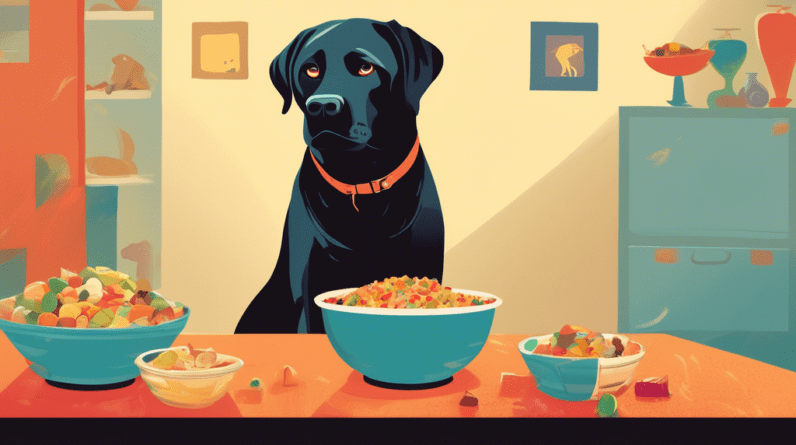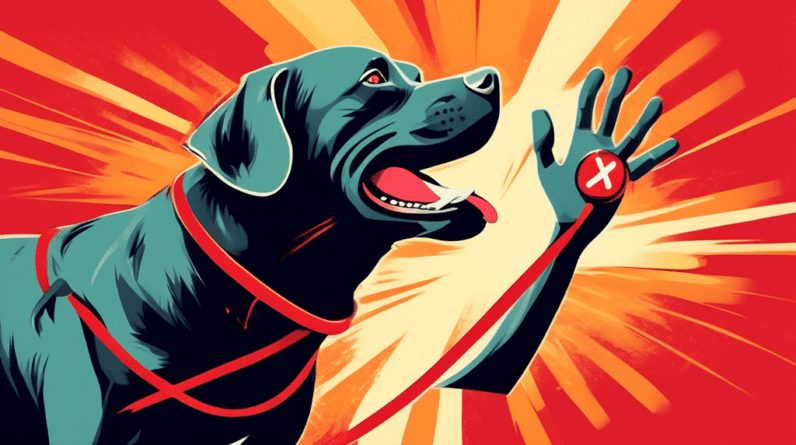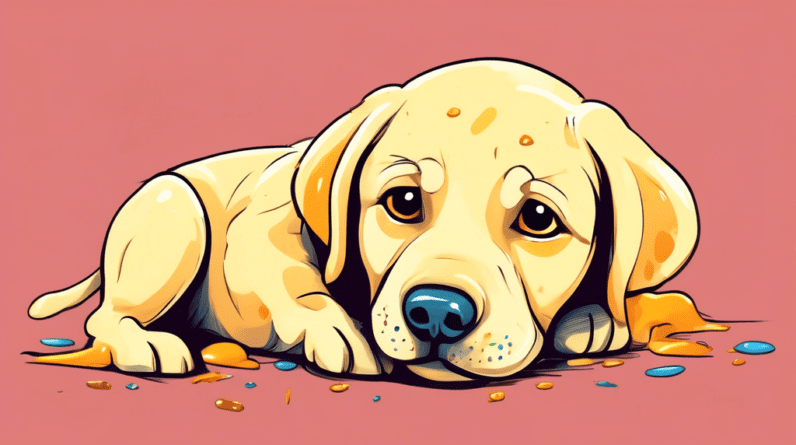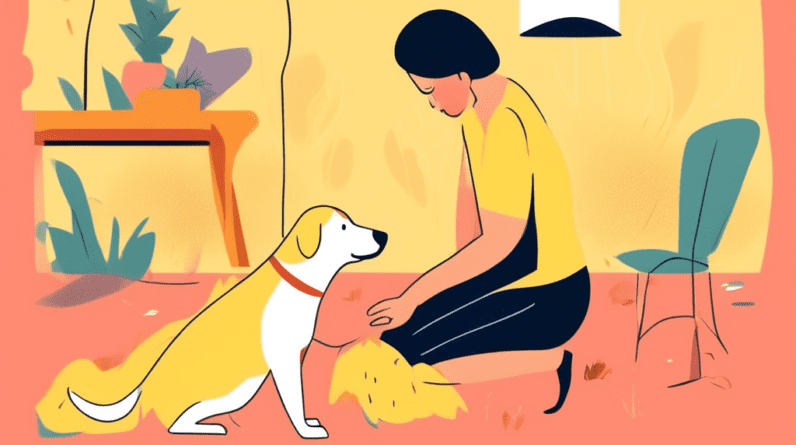
How Much Do Lab Puppies Cost? A Detailed Pricing Guide
Bringing a Labrador Retriever puppy into your life is an exciting decision, but it’s essential to be prepared for the financial commitment. Lab puppies, renowned for their intelligence, loyalty, and playful nature, come with a significant price tag. This comprehensive guide delves into the factors influencing Lab puppy costs and provides a realistic estimate of what to expect.
Factors Influencing Lab Puppy Prices
Several factors contribute to the cost of Lab puppies, creating a wide price range:
1. Breeder Reputation and Ethics
Reputable breeders dedicated to ethical breeding practices typically charge higher prices for their puppies. These breeders prioritize the health, temperament, and lineage of their dogs, investing heavily in genetic testing, veterinary care, and socialization. While puppies from reputable breeders may come at a premium, they often result in fewer health issues and behavioral problems in the long run, potentially saving you money on vet bills and training costs.
2. Lineage and Pedigree
Puppies bred from parents with exceptional lineage, show titles, or working certifications often command higher prices. These lineages demonstrate desirable traits and skills passed down through generations. If you’re looking for a Lab puppy for conformation shows, field trials, or specific working roles, be prepared to pay a premium for a puppy with a proven pedigree.
3. Location
Geographic location plays a significant role in puppy prices. Urban areas and regions with high demand for Labrador Retrievers tend to have higher prices than rural areas. Additionally, transportation costs for puppies from distant breeders can add to the overall expense.
4. Coat Color
While all Labrador Retrievers share the same breed standard, certain coat colors, such as chocolate or fox red, might be rarer and therefore priced higher by some breeders. However, it’s crucial to remember that coat color should not be the primary factor influencing your decision, as it doesn’t impact the dog’s health or temperament.
5. Age
Puppies are generally priced higher than older dogs. However, adopting an adult Lab from a shelter or rescue organization can be a more affordable option, and you’ll still be providing a loving home to a deserving dog.
6. Demand and Supply
Like any commodity, the price of Lab puppies can fluctuate based on demand and supply. If there’s a surge in popularity for Labrador Retrievers or a limited number of available puppies, prices may increase.
Average Lab Puppy Price Range
Considering the factors mentioned above, the average price for a Lab puppy from a reputable breeder ranges from $800 to $1,500. However, prices can go as high as $2,500 or more for puppies with exceptional lineage or from breeders with outstanding reputations.
Additional Costs to Consider
Beyond the initial purchase price, be prepared for additional expenses associated with owning a Lab puppy:
1. Veterinary Care
Routine veterinary care, including vaccinations, deworming, flea and tick prevention, and spaying or neutering, can cost several hundred dollars in the first year alone. It’s crucial to budget for unexpected vet visits, as puppies can be prone to accidents or illnesses.
2. Food and Treats
Labrador Retrievers are a medium-to-large breed with hearty appetites. High-quality puppy food, treats, and supplements can add up over time. Choose a nutritionally balanced diet to support your puppy’s growth and development.
3. Supplies
Essential supplies for your Lab puppy include a crate, bed, collar, leash, food and water bowls, toys, grooming tools, and training aids. These initial purchases can range from a few hundred to over a thousand dollars, depending on your choices.
4. Training
Enrolling your Lab puppy in obedience classes or hiring a professional dog trainer is highly recommended. Training classes provide socialization opportunities and help instill good manners and basic commands. Training costs vary depending on the trainer’s experience and the length of the program.
5. Grooming
While Labrador Retrievers have relatively low-maintenance coats, regular brushing, occasional baths, and nail trims are necessary. You can opt to groom your Lab yourself or factor in the cost of professional grooming appointments.
6. Pet Insurance
Consider investing in pet insurance to help offset the costs of unexpected veterinary emergencies. Pet insurance plans vary in coverage and premiums, so research different options to find one that suits your needs and budget.
Finding a Reputable Lab Breeder
Choosing a reputable breeder is crucial for ensuring you welcome a healthy, well-adjusted puppy into your home. Look for breeders who:
- Are members of the American Kennel Club (AKC) or another reputable kennel club.
- Screen their breeding dogs for genetic health conditions.
- Socialize their puppies from an early age.
- Provide a clean and caring environment for their dogs.
- Offer a health guarantee and ongoing support.
Alternatives to Buying a Puppy
If the cost of a Lab puppy is prohibitive, consider these alternatives:
1. Adoption
Numerous shelters and rescue organizations have Labrador Retrievers of all ages looking for loving homes. Adoption fees are significantly lower than breeder prices, and you’ll be giving a deserving dog a second chance.
2. Older Dog
Consider adopting an adult or senior Lab. Older dogs are often already housetrained, have basic obedience, and their personalities are well-established. You’ll skip the puppyhood stage but gain a loving companion.
Conclusion
Bringing a Lab puppy into your life is a significant financial and emotional commitment. By carefully considering the factors influencing costs, setting a realistic budget, and researching reputable breeders or adoption options, you can ensure a smooth transition for both you and your new furry friend. Remember, responsible pet ownership involves providing proper care, training, and love throughout your Lab’s life, enriching the lives of both you and your beloved companion.






